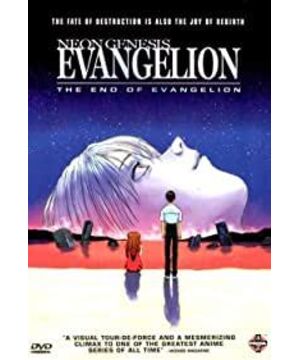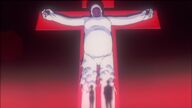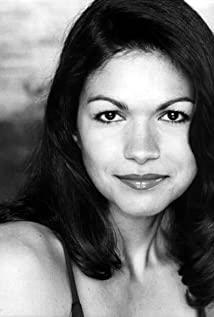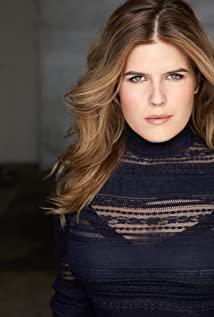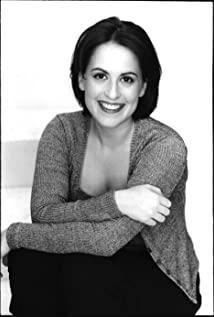I didn't like the male protagonist (Ikari Shinji) from the beginning to the end. The character is really unpleasant although it is true. At the end of the last century, a drama suddenly appeared that pays attention to the soundtrack of the camera, explores human nature, religion, where have you been from, and the dark side of life, and it is reasonable to be praised by so many people. The first dozen episodes have been shaping the world view and perfecting the details of the characters. I have to say that it is really in place. Each supporting role has its own position and meaning of existence. A few extra episodes are mixed with so many elements, no wonder fans say that the amount of information is exploding. you do not say. Love, family and friendship, original family, childhood shadows, ambiguity, Oedipus and father-in-law, inferiority complex, arrogance, indifference, jealousy, secret love, sexual enlightenment, religion, meaning of existence, self-abandonment, escape from pain, etc. Everyone can find shadows. The soundtracks are all good, very appropriate and enhance the emotional resonance. What impressed me the most was the episode after Asuka was dismembered, "If I Can't Be Yours", which sang out the male protagonist's inner tangle and Asuka's despair...
Before watching the finale, I thought it was a dark and thorough drama, but in the end, I still told everyone to face the facts and face the world bravely, even if the real world is "really uncomfortable (the last sentence of a certain version of the finale)". After reading some online commentaries, I don't agree with all of them. Everyone has their own understanding, which is the essence of this drama.
The unsolved mystery, why Ling Baoli likes the male protagonist, asks and answers herself, maybe because she is the male protagonist.
View more about Neon Genesis Evangelion: The End of Evangelion reviews


